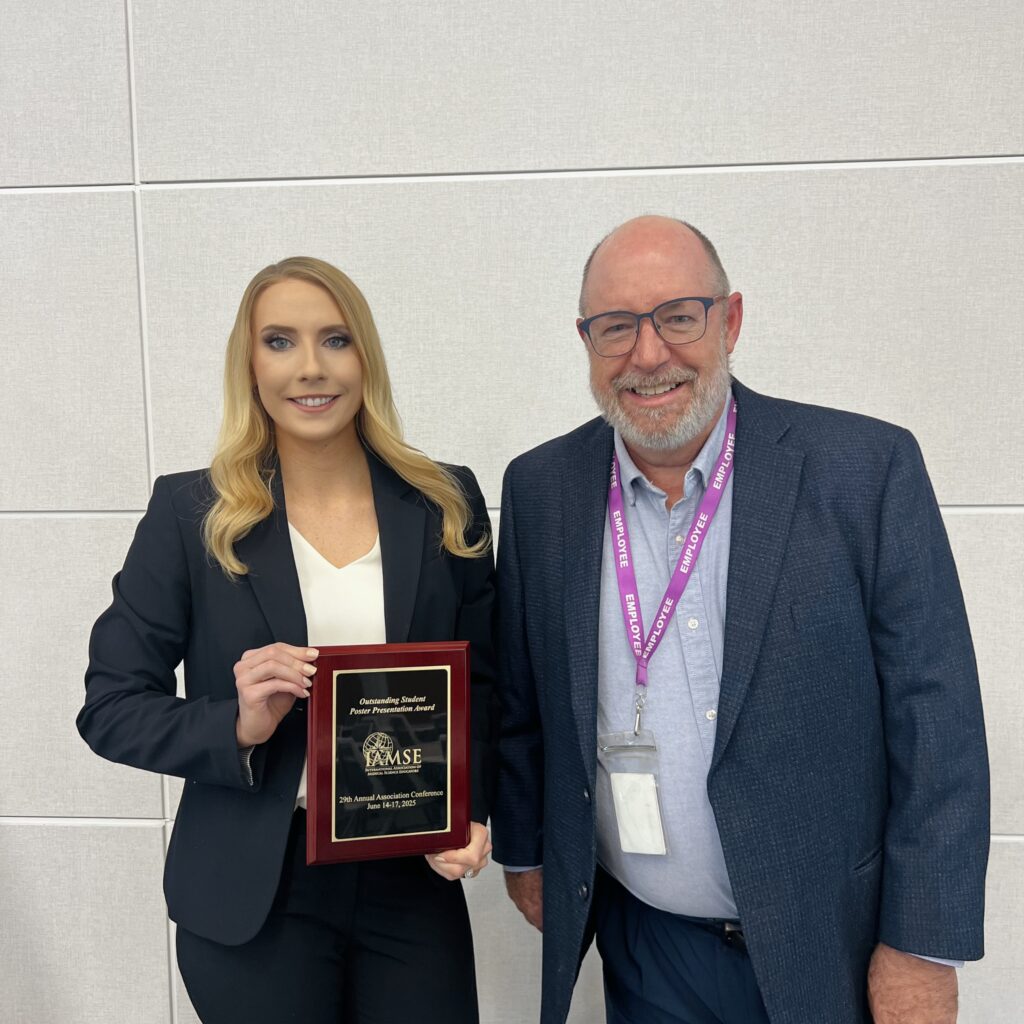IAMSE Communities of Growth are ongoing groups of like-minded individuals who want to informally get together to connect over an area or topic of interest. A Community of Growth is not directly connected to any Committee and is self-organized. For more information on IAMSE CoGs, click here.
Three IAMSE Communities of Growth (CoG) will be meeting in July, and one meeting on Friday, August 1! The AI CoG, LGBTQ+ CoG, CORE CoG, and the Black Medical Educators CoG will all meet on Zoom . Below are the details for each meeting.
AI CoG
The AI CoG meeting on Zoom will take place at Noon (12 PM) EDT on Wednesday, July 9, 2025. Regularly scheduled AI CoG meetings are the first Wednesday of each month, however, July’s meeting is a week later than usual to avoid the July 4 holiday conflict in the US.
July’s AI CoG meeting will feature four engaging and critical-thinking colleagues responding to a series of four fundamental questions about AI in HPE, specifically:
- Where and with whom should we begin to implement AI in HPE effectively?
- What AI in HPE content should we focus on teaching?
- What pedagogical approach is best to teach AI in HPE?
- What measurements are best to evaluate learning AI in HPE?
The four guest panelists are:
- Mari Hopper, PhD, Senior Associate Dean of Academic Affairs and Associate Professor of Physiology, Kansas City University College of Osteopathic Medicine
- Amy Stone, PhD, Assistant Professor of Medical Education and Biochemistry/Microbiology, UNLV Kirk Kerkorian School of Medicine
- Ian Murray, PhD, Professor of Physiology, Alice L.Walton School of Medicine
- Juan Leon, PhD, Assistant Provost for Faculty Development, Online Education and Assessment, Director, Online Learning for the College of Population Health, Thomas Jefferson University
IAMSE AI CoG meetings take place regularly at 12 PM ET on the first Wednesday of each month. For information on how to join the AI CoG meeting, email Doug McKell at douglas.mckell@gmail.com.
Please also take 5 minutes to complete the very brief 2025 IAMSE AI Needs Assessment Survey. This is the only sequential yearly survey that samples the needs, changes, and impact of AI on HPE. Each completed survey results in a $2 donation to the IAMSE Student Scholarship fund. Here is the 2025 AI Needs Assessment Survey link: https://forms.gle/7dLhSehkA242X8Qq9
To join the July AI CoG Zoom meeting, click here.
Meeting ID: 897 1837 0101
Passcode: 511007
LGBTQ+ CoG
The LGBTQ+ Community in Health Professions Education CoG meeting will take place on Zoom at 12:00 PM EDT on Thursday, July 10, 2025. The next LGBTQ+ meeting will be in October. For more information on the LGBTQ+ Community in Health Professions Education CoG, contact Cory Gerwe at gerwecd@odu.edu.
To join the July LGBTQ+ CoG meeting, click here.
Meeting ID: 891 0015 9051
Passcode: 593328
CORE CoG
The Community Outreach, Research, and Engagement (CORE) CoG meeting will take place at 11:00 AM EDT on Thursday, July 17, 2025. CORE CoG meetings then take place regularly on the second Thursday of the month at 3:00 PM ET, and the second Monday of the month at 11:00 AM ET every other month. The CORE CoG is led by Peter Vollbrecht and Natascha Heise.
To join the July CORE CoG meeting, click here.
Meeting ID: 878 6039 0726
Passcode: 159759
Black Medical Educators CoG
The IAMSE Black Medical Educators CoG meeting will take place at 12:30 PM EDT Friday, August 2, 2025. IAMSE Black Medical Educators CoG meetings take place quarterly at 12:30 PM ET on the first Friday in May, August, November, and February. If you are a Black medical educator interested in learning more about this CoG and/or how to become a member, please contact Jacqueline Powell at jpowell@msm.edu.
To join the July Black Medical Educators CoG meeting, click here.
Meeting ID:842 7537 9229
Passcode: 228487
For more information on these CoGs and the other active IAMSE CoGs, click here.



